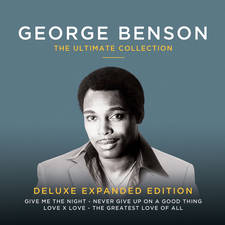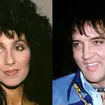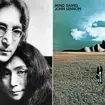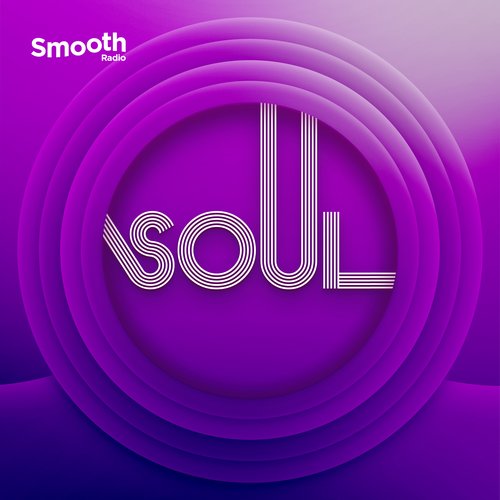How a Sting song inspired Christopher Nolan to make blockbuster film Oppenheimer
27 July 2023, 09:55
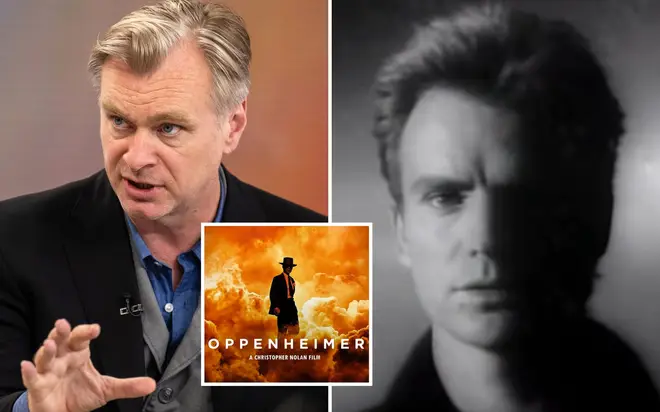
Listen to this article
Oppenheimer is already one of the biggest box office movies of 2023.
Along with the pink, plastic and fantastic Barbie, both movies have dominated the talk around the film industry for months now.
The excitement around both films even started its own phenomenon, 'Barbenheimer', because they were being released on the same day and were on entirely opposite ends of the movie spectrum.
Whilst Barbie is a feel-good film that hit the spot with positive social messages and Instagram-able visuals, Oppenheimer is a serious and stern depiction of the man who made the atomic bomb.
Of course, it's the kind of big-screen spectacle that movie-goers have come to expect from pioneering filmmaker Christopher Nolan, after mind-boggling blockbusters like Inception, Interstellar, and The Dark Knight.
- The only song Paul McCartney desperately wished he’d written was a Sting classic
- Sting reveals which of his songs wife Trudie Styler loves the most
- The Police's 10 best songs ever, ranked
- Sting reveals why The Police will never ever be reuniting again
But what people may not have expected, is what inspired him to pursue making Oppenheimer in the first place.
In a recent interview with Entertainment Weekly, Christopher Nolan revealed that his first interaction with The Manhattan Project was because of a Sting song, which developed into a life-long fascination.
The Sting song in question? His 1985 hit 'Russians' delves into the psychological effects of the looming Cold War between Russia and the US at the time.
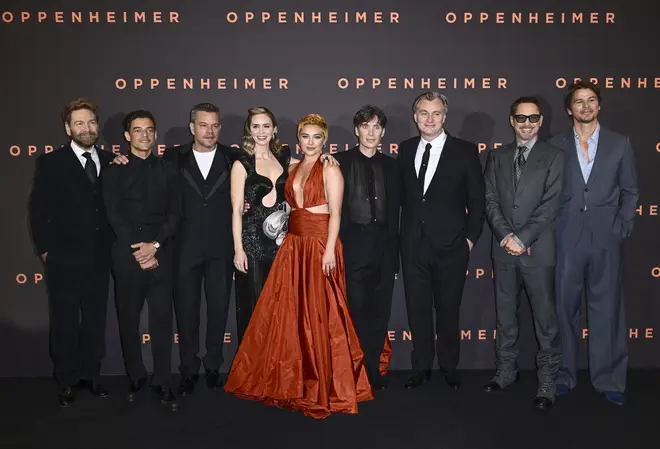
"I first heard about [J. Robert Oppenheimer] when I was a kid", Nolan said. 'That Sting song 'Russians' refers to 'Oppenheimer's deadly toys'".
Oppenheimer was the American theoretical physicist who has frequently been referred to as "the father of the atomic bomb".
"I was growing up in the UK at a time when people were very concerned about nuclear armaments," he continued.
"When I was 12 or 13, my friends and I were absolutely convinced that we were going to experience a nuclear war at some point in our lives."
"And then over time that fear recedes, and Oppenheimer stuck with me as a figure, and I learned more about him over the years."
"Including learning this information that he, along with the key scientists at the Manhattan Project, they couldn't completely eliminate the possibility of starting a chain reaction that would destroy the world. And for me, that was the hook."
He's one of countless creatives who have drawn inspiration from the advent of a nuclear bomb in the years since.
Many artists refer to The Manhattan Project in their work, notably Sting who wrote 'Russians' amidst the tensions between two of the world's major superpowers.

Sting - Russians
Appearing on his 1985 debut solo album, The Dream of the Blue Turtles, Sting revealed his inspiration came from watching Soviet TV via illegal satellite signal.
In a 2010 interview, he said: "We'd have a few beers and climb this tiny staircase to watch Russian television."
"At that time of night, we'd only get children's Russian television, like their Sesame Street. I was impressed with the care and attention they gave to their children's programs. I regret our current enemies haven't got the same ethics."
Despite the obvious alliances of the West, Sting took a compassionate stance with our Soviet counterparts in 'Russians'.
The chorus of the song goes: "We share the same biology, regardless of ideology. Believe me when I say to you, I hope the Russians love their children, too."
In Oppenheimer however, there's not a sniff of sympathy with the victims of the atomic bomb, with the film rather focusing on the scientist's own morality and dilemmas during that time.
"I'm very interested in taking the audience into that room and being there and living in that moment," Christopher Nolan said.
"What would that have been like, to push that button knowing there was any possibility?"

Oppenheimer | New Trailer
